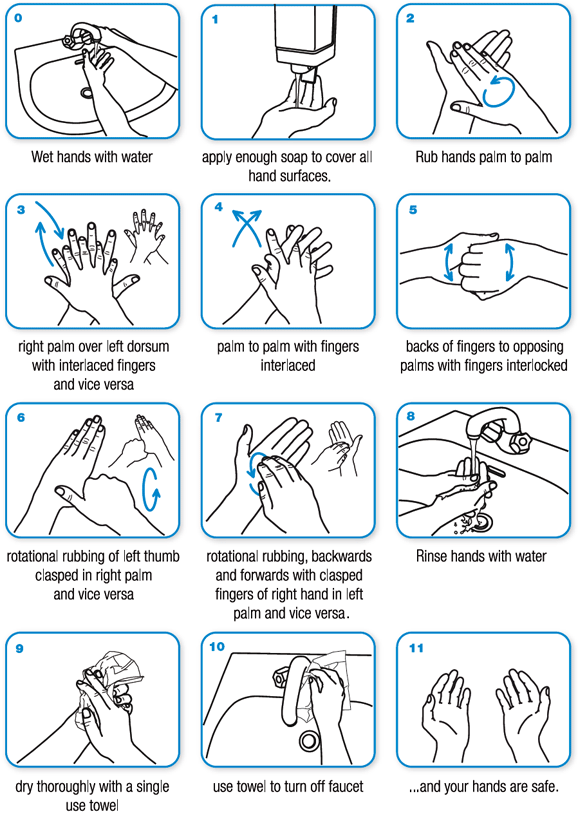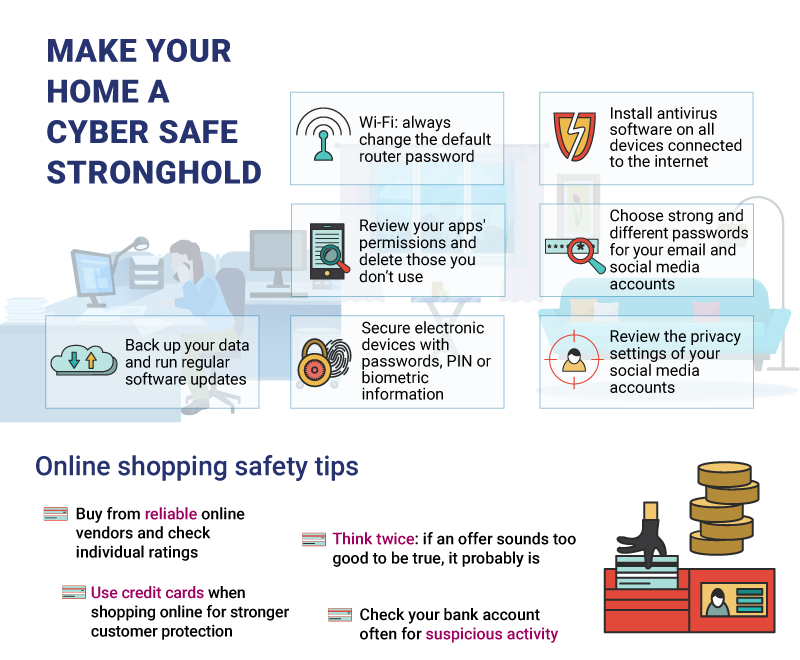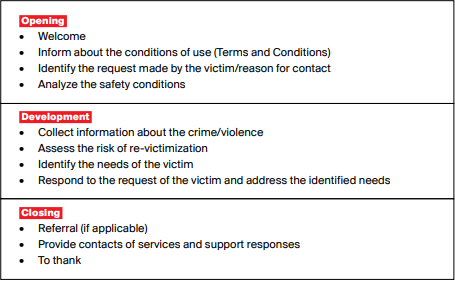Currently, the world is fighting COVID-19 – a novel coronavirus, which has spread quickly around the globe.
Victim Support Europe is committed to supporting individuals and organisations in these challenging times. Here, you can find general information about COVID-19 as well as coronavirus-related crime, advice for victims of domestic violence, resources for providing remote or on-line support services, and much more.
Coronavirus disease (COVID-19) is an infectious disease caused by a newly discovered coronavirus.
Most people infected with the COVID-19 virus will experience mild to moderate respiratory illness and recover without requiring special treatment. Older people, and those with underlying medical problems like cardiovascular disease, diabetes, chronic respiratory disease, and cancer are more likely to develop serious illness.
The best way to prevent and slow down transmission is to learn about the COVID-19 virus, the disease it causes and how it spreads. Protect yourself and others from infection by washing your hands or using an alcohol based rub frequently and not touching your face.
Source: WHO
Unfortunately, there are criminals who use the coronavirus pandemic as an opportunity for their activities. At the moment, Europol and Interpol have identified three main areas of coronavirus-related crime:
You can consult Europol for the latest updates on coronavirus-related crime. Here you can find further examples of such crimes.
Those living in a situation of domestic violence might be going through an extremely difficult time at the moment. There are already indicators that cases of domestic violence are on the rise. Being under lockdown with one’s abuser is not only unpleasant but dangerous, particularly taking into account the fact that victims of domestic violence have very limited options when it comes to receiving help and support under a lockdown. However, many organisations continue to provide services during the pandemic through telephone helplines, online support through various websites and applications, and in some cases even face-to-face support.
Staying at home during a national lockdown or quarantine can be challenging for everyone, especially for victims of crime who may be particularly vulnerable in such circumstances. It is important to take care of your mental and physical health, set up and follow routines that work for you, and stay in touch with your loved ones. Here are some additional tips that may be useful during this time:




